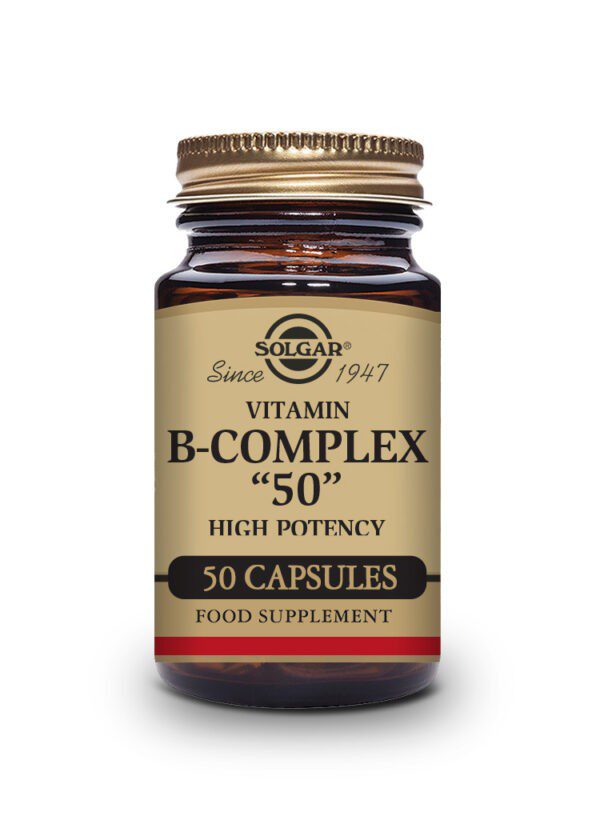
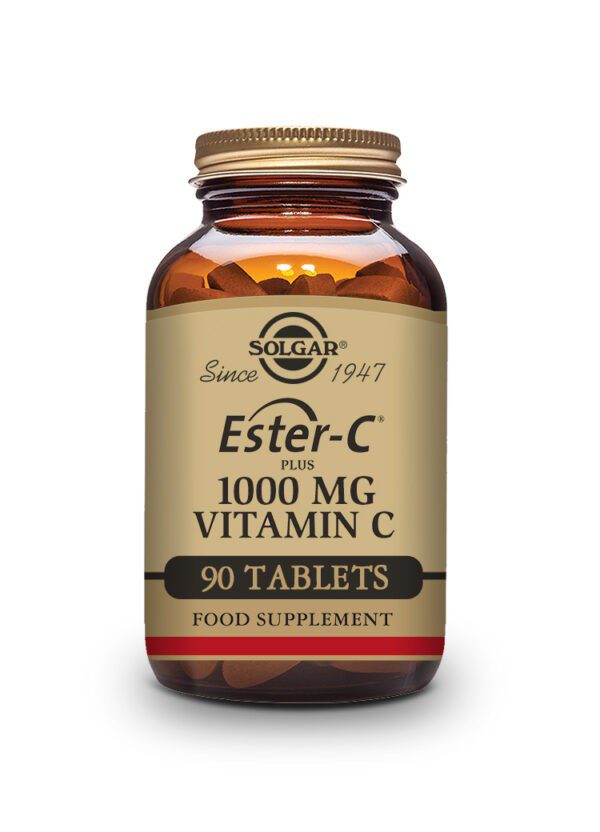
Folacin (Folic Acid) 400mcg Tablets Solgar
£5.59 – £9.19
Folic Acid
Folic acid, also known as folate or vitamin B9, is a water-soluble B-vitamin that plays a crucial role in various bodily functions. It’s an essential nutrient that the body needs for proper cell division, DNA synthesis, and the formation of red blood cells. Folic acid is particularly important during periods of rapid cell growth and division, such as pregnancy and infancy.
Key functions and benefits of folic acid include:
1. **Cell Division and DNA Synthesis:** Folacin is required for the synthesis of DNA, RNA, and proteins, making it crucial for the growth and repair of cells. This is particularly important during periods of rapid growth, such as fetal development and tissue repair.
2. **Red Blood Cell Formation:** Folacin is involved in the production of red blood cells. Deficiency of folic acid can lead to anemia, a condition characterized by a decrease in the number of red blood cells, which can result in fatigue, weakness, and other health issues.
3. **Neural Tube Development:** Folic acid is critical during pregnancy for the proper development of the neural tube in the developing fetus, which eventually becomes the brain and spinal cord. Adequate folic acid intake before and during early pregnancy can significantly reduce the risk of neural tube defects in the baby.
4. **Cardiovascular Health:** Folacin has been linked to a reduced risk of heart disease. It plays a role in metabolizing homocysteine, an amino acid that, when elevated, is associated with an increased risk of cardiovascular problems.
5. **Mental Health:** Folic acid is also believed to play a role in maintaining mental health. Low levels of folate have been associated with an increased risk of depression and other mood disorders.
6. **Cancer Prevention:** Some studies suggest that adequate Folacin intake may help reduce the risk of certain types of cancers, such as colorectal cancer. However, excessive intake of folic acid supplements might have different effects, so it’s important to maintain a balanced intake.
Good dietary sources of Folacin include green leafy vegetables (such as spinach and kale), legumes (beans, lentils), citrus fruits, avocados, nuts, seeds, and fortified cereals. In some cases, doctors may recommend folic acid supplements, especially during pregnancy or for individuals at risk of deficiency.
It’s important to note that while folic acid is important for health, excessive intake of folic acid supplements can have adverse effects and interact with certain medications. As with any nutrient, it’s best to consult with a healthcare professional before making significant changes to your diet or supplement regimen.
Folacin (Folic Acid) 400 mcg, also known as Vitamin B9, contributes to several processes within the body, but is best known for its support of maternal tissue growth during pregnancy.
Folacin is a supplement which is advised to be taken by pregnant women and those trying to conceive. It can be found in different foods, such as dark green leafy vegetables, but to make sure you reach the adequate level of intake, especially before and after conception, taking a supplement is recommended.
Low folic acid levels have been proven a risk factor in the development of neural defects in the developing foetus.
This important B Vitamin also contributes to normal homocysteine metabolism.
1 tablet of Folacin 400 mcg will contribute to:
- Maternal tissue growth during pregnancy
- Normal amino acid synthesis
- Normal blood formation
- Normal homocysteine metabolism
- Normal psychological function
- Normal function of the immune system
- Reduction of tiredness and fatigue
- Folate has a role in the process of cell division
- Bulking Agents: (dicalcium phosphate, microcrystalline cellulose), Anti-caking Agents: (vegetable stearic acid, silicon dioxide), Cross-Linked Cellulose Gum, Folacin pteroylglutamic).
- All products meet our industry recognized “Gold Standard” for excellence. Made using naturally sourced ingredients and innovating since 1947, is your perfect supplement to good health – 98% of consumers recommend the brand**Global Praxis online shopper survey 2017, which included 3,882 VMS consumers.
Food supplements should not be used instead of a varied balanced diet and a healthy lifestyle.Each tablet provides: ?g %EC NRV* Folacin (folic acid as pteroylglutamic acid) 400 ?g 200

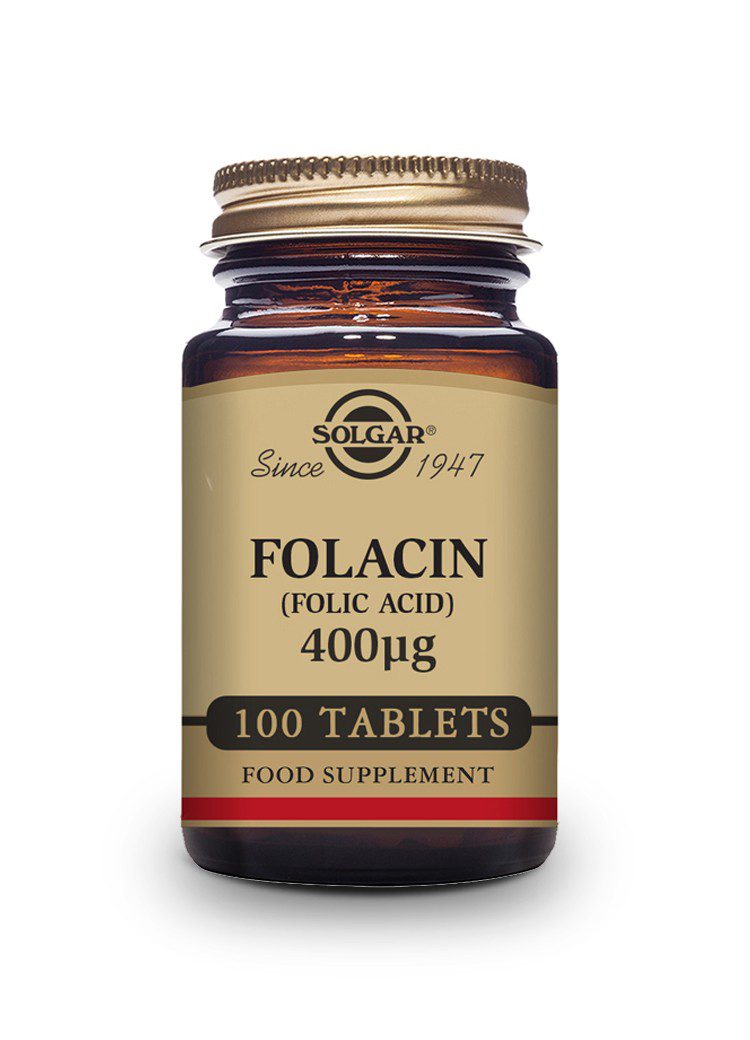
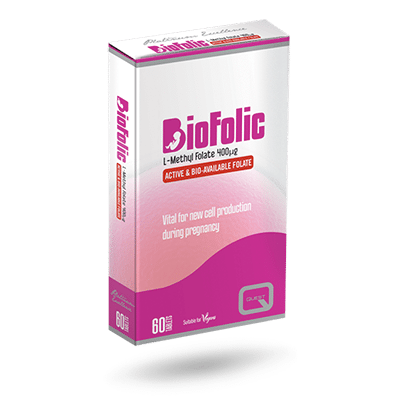
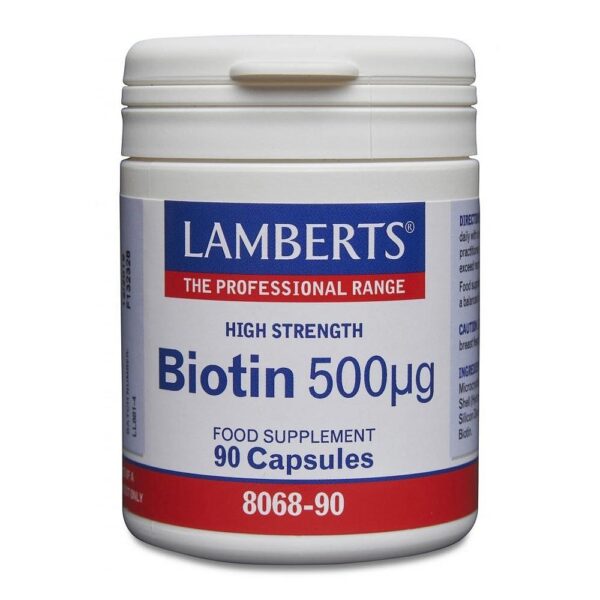
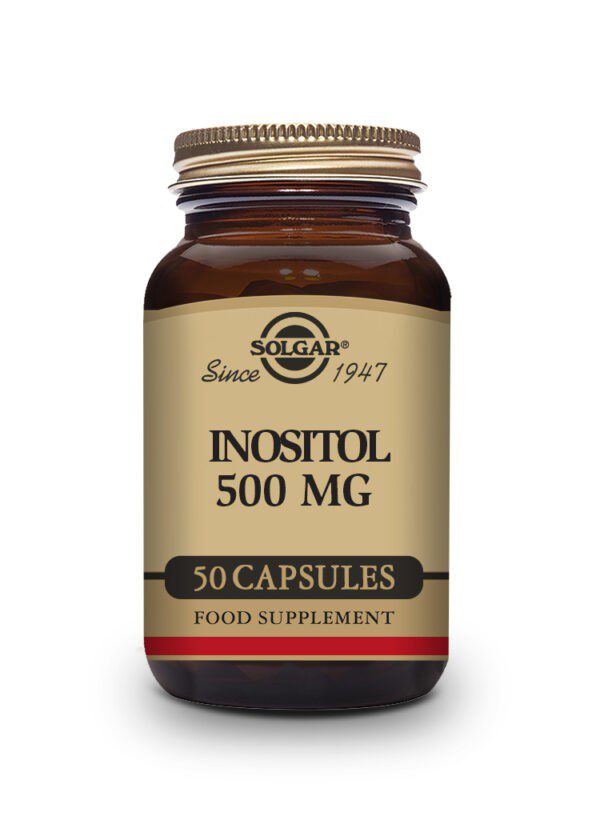
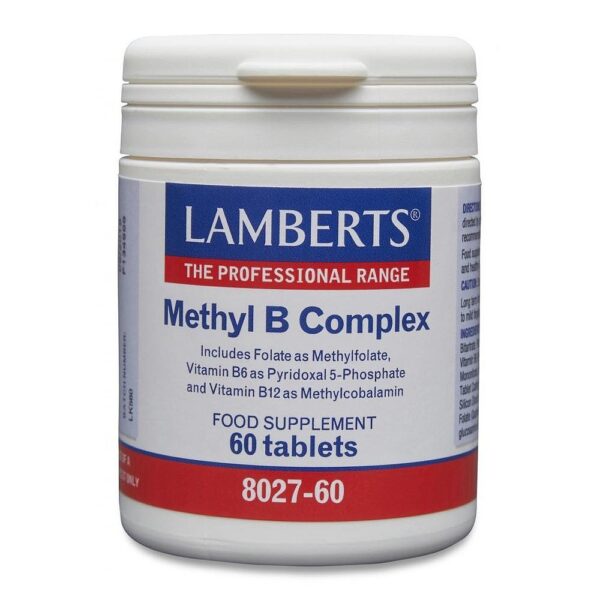
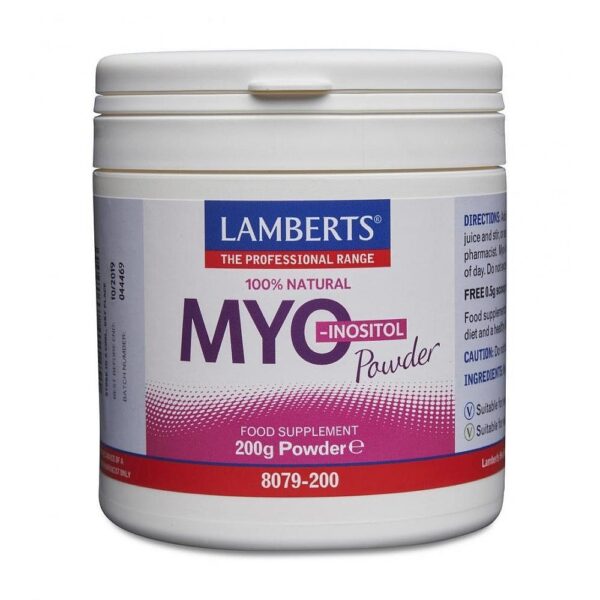
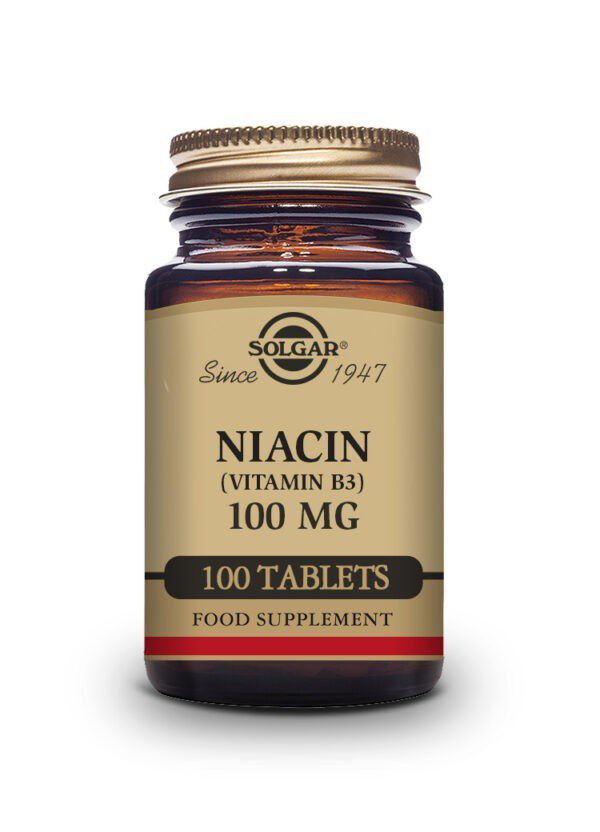
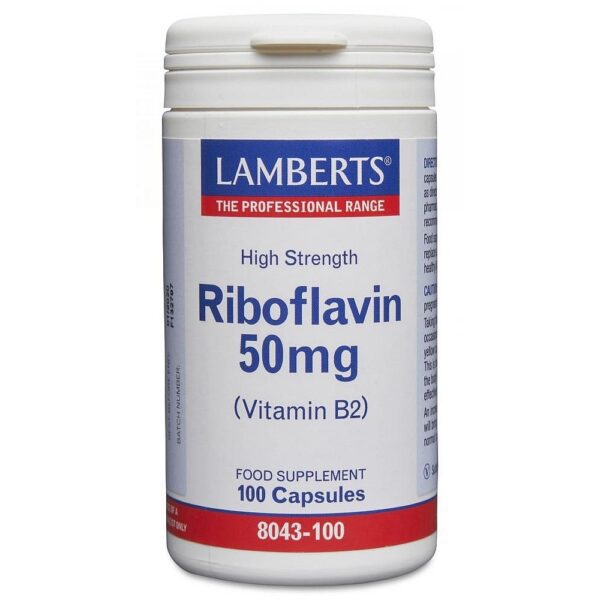
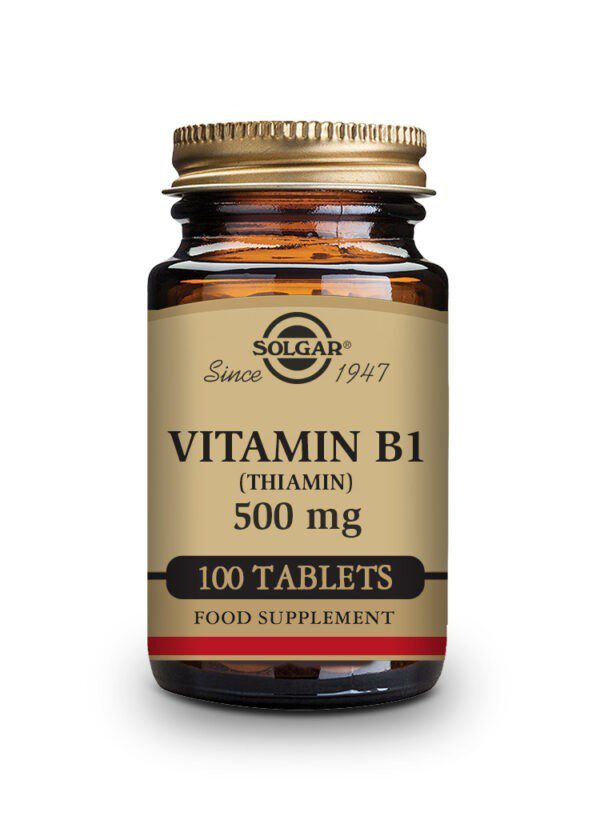




Reviews
There are no reviews yet.